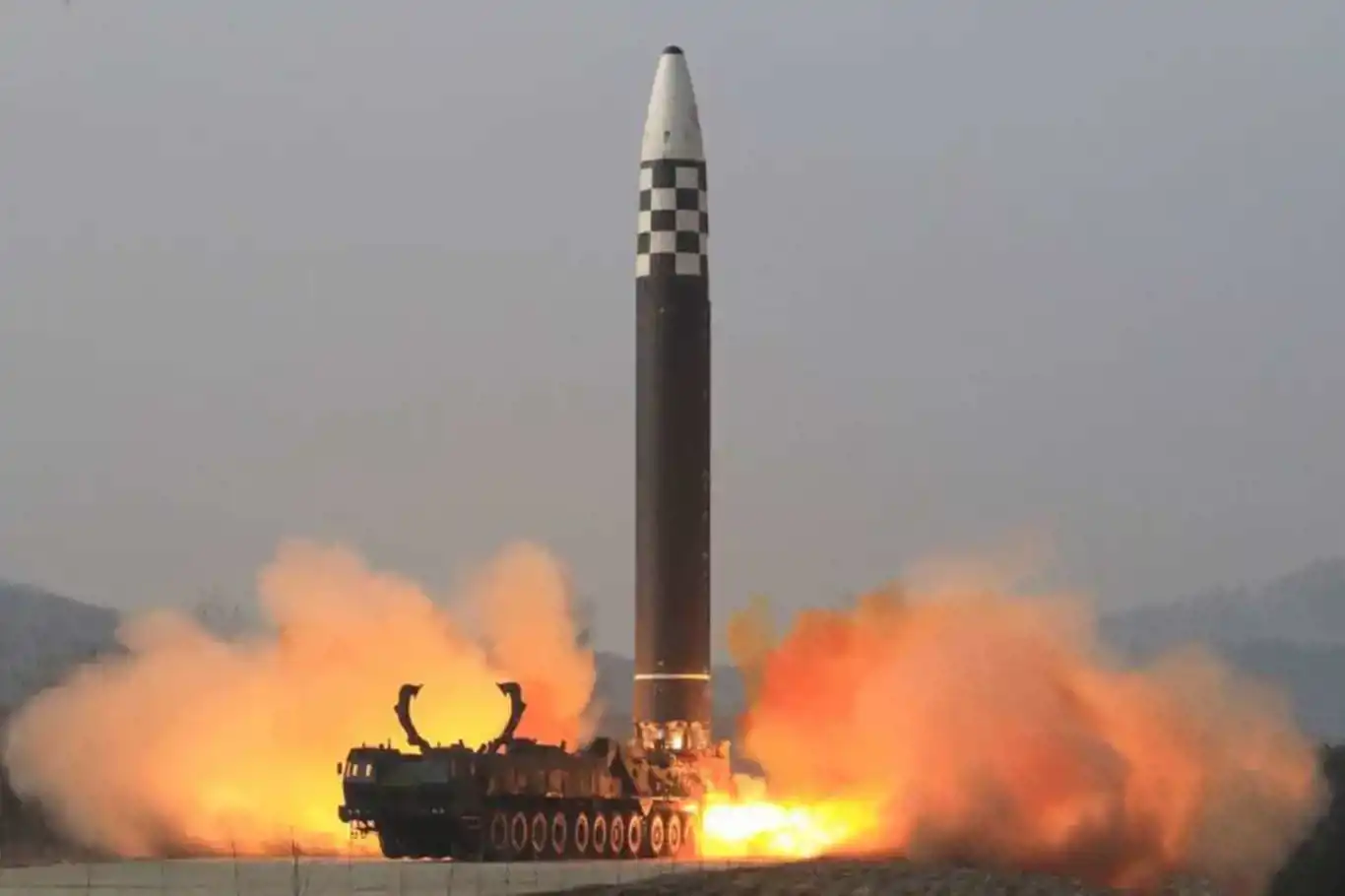Iran successfully launches 4th generation Khorramshahr ballistic missile


Tehran has unveiled the fourth generation of its Khorramshahr ballistic missile under the name Kheibar to mark the 41st anniversary of the Liberation of Khorramshahr in Iraq’s war of aggression against Iran.
The ballistic missile, with a range of 2,000 km and a 1,500 kg warhead, was unveiled in a ceremony attended by Defense Minister Mohammad Reza Ashtiani on Thursday morning.
Kheibar’s outstanding features include quick preparation and launch time, which makes the missile a tactical weapon in addition to a strategic one.
“The missile is the result of years of endeavors by Iranian scientists in the Defense Ministry’s Aerospace Industries Organization (AIO). It is equipped with radar evading technology and can pass through the enemy’s air defense systems due to its low radar cross-section,” Ashtiani said in his speech at the unveiling ceremony.
“We are taking steps to equip the armed forces in various areas of missiles, drones, air defense, and so on, and the unveilings will definitely continue in the future,” he added.
The Khorramshahr is a medium-range ballistic missile that was tested by Iran in January 2017. Its range is between 1,000–2000 km with a 1,800 kg warhead and is 13 m in length. (ILKHA)
LEGAL WARNING: All rights of the published news, photos and videos are reserved by İlke Haber Ajansı Basın Yayın San. Trade A.Ş. Under no circumstances can all or part of the news, photos and videos be used without a written contract or subscription.
The United States has launched urgent evacuations of non-essential personnel and diplomatic families across the Middle East, citing heightened security risks following U.S. airstrikes on Iranian nuclear facilities.
Yemen has formally declared its entry into the ongoing conflict involving Iran, Israel, and the United States, escalating tensions across the Middle East.
A devastating suicide bombing struck a church in the Dweila district of Damascus on Sunday, killing more than 20 worshippers and raising fresh concerns about the resurgence of sectarian violence in Syria.
Iran's Supreme National Security Council is deliberating on a historic decision that could alter global energy dynamics: the potential closure of the Strait of Hormuz, one of the world’s most vital maritime routes for oil and gas transit.